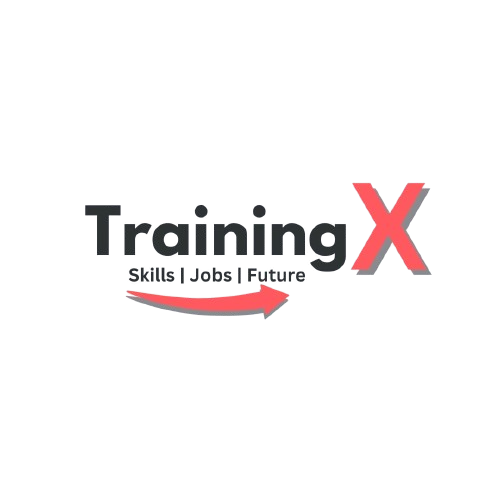In today’s fast-evolving digital landscape, cloud computing has become essential for businesses to stay competitive and agile. One of the leading cloud platforms is Microsoft Azure, offering a wide range of services and solutions to help organizations scale and manage their operations. For IT professionals, obtaining an Azure certification can be a game-changer, opening doors to exciting career opportunities. Let’s dive into what Azure certification entails, its career benefits, and how you can get certified.
What Is Azure Certification?
Microsoft Azure certifications are professional credentials that validate your expertise in using the Azure platform. These certifications are designed to cater to various skill levels, from beginners to advanced professionals. They cover a wide range of topics, including cloud infrastructure, development, data management, AI, security, and more.
Azure certifications are categorized into three main levels:
- Fundamentals: Entry-level certifications ideal for those new to cloud computing. The most popular one is Microsoft Certified: Azure Fundamentals.
- Associate: Certifications for professionals with some experience in cloud computing. Examples include Azure Administrator Associate and Azure Developer Associate.
- Expert: Advanced-level certifications for seasoned IT professionals, such as Azure Solutions Architect Expert and Azure Dev-Ops Engineer Expert.
Each certification is designed to demonstrate your ability to perform specific tasks in Azure, making it easier for employers to trust your skills and expertise.
Career Benefits of Azure Certification

- High Demand for Cloud Skills: As businesses increasingly rely on cloud technology, professionals with Azure certification are in high demand. This demand spans various industries such as finance, healthcare, manufacturing, and technology.
- Diverse Job Roles: Azure certification opens up a wide array of career paths, including cloud administrator, solutions architect, DevOps engineer, AI engineer, and security specialist. It’s also a stepping stone for higher-level roles, including cloud consultants and cloud infrastructure architects.
- Job Security and Growth: Cloud computing is a future-proof skill, with continuous advancements in technology ensuring long-term job stability. With an Azure certification, you’ll be better positioned to adapt to new cloud technologies and services, giving your career a competitive edge.
- Global Recognition: Microsoft certifications are globally recognized, meaning your Azure certification will hold value across the world. This makes it easier to find employment or advance your career, whether locally or internationally.
How to Get Certified in Azure
The path to Azure certification involves selecting the right certification for your career goals, studying, and passing the necessary exams. Here’s a step-by-step guide:
1. Choose the Right Certification Path
Start by identifying your current skill level and the type of job role you’re aiming for. Beginners might want to start with Azure Fundamentals to build a solid foundation, while more experienced professionals may opt for Associate or Expert-level certifications.
2. Prepare for the Exam
Microsoft offers free and paid learning resources, including:
- Microsoft Learn: An online platform offering free interactive tutorials and learning paths for various certifications.
- Instructor-Led Training: Courses offered by certified instructors for a more structured learning experience.
- Books and Study Guides: Microsoft offers official study guides for most of its certification exams.
Additionally, practice exams and lab environments (such as Azure Sandbox) can be extremely helpful in getting hands-on experience with the platform.
3. Schedule and Pass the Exam
When you feel confident in your knowledge and skills, you can schedule your certification exam through the Microsoft website. Exams are conducted online and at designated test centers worldwide.
Most certifications require passing a single exam, while some expert-level certifications may require passing multiple exams. Make sure to review the exam objectives and format before the test day.
4. Stay Updated
The world of cloud computing is continuously evolving. To keep your certification relevant, Microsoft may require you to periodically renew your certification by passing updated exams or earning continuing education credits.
Conclusion
Azure certification is a powerful asset for IT professionals seeking to enhance their careers in cloud computing. Whether you’re looking for better job opportunities, a higher salary, or more job security, an Azure certification will set you apart in the competitive job market. By choosing the right certification, preparing effectively, and staying updated on the latest technologies, you can carve a successful career in the world of cloud computing.
